The Future of Food Sustainability: How You Can Make a Difference
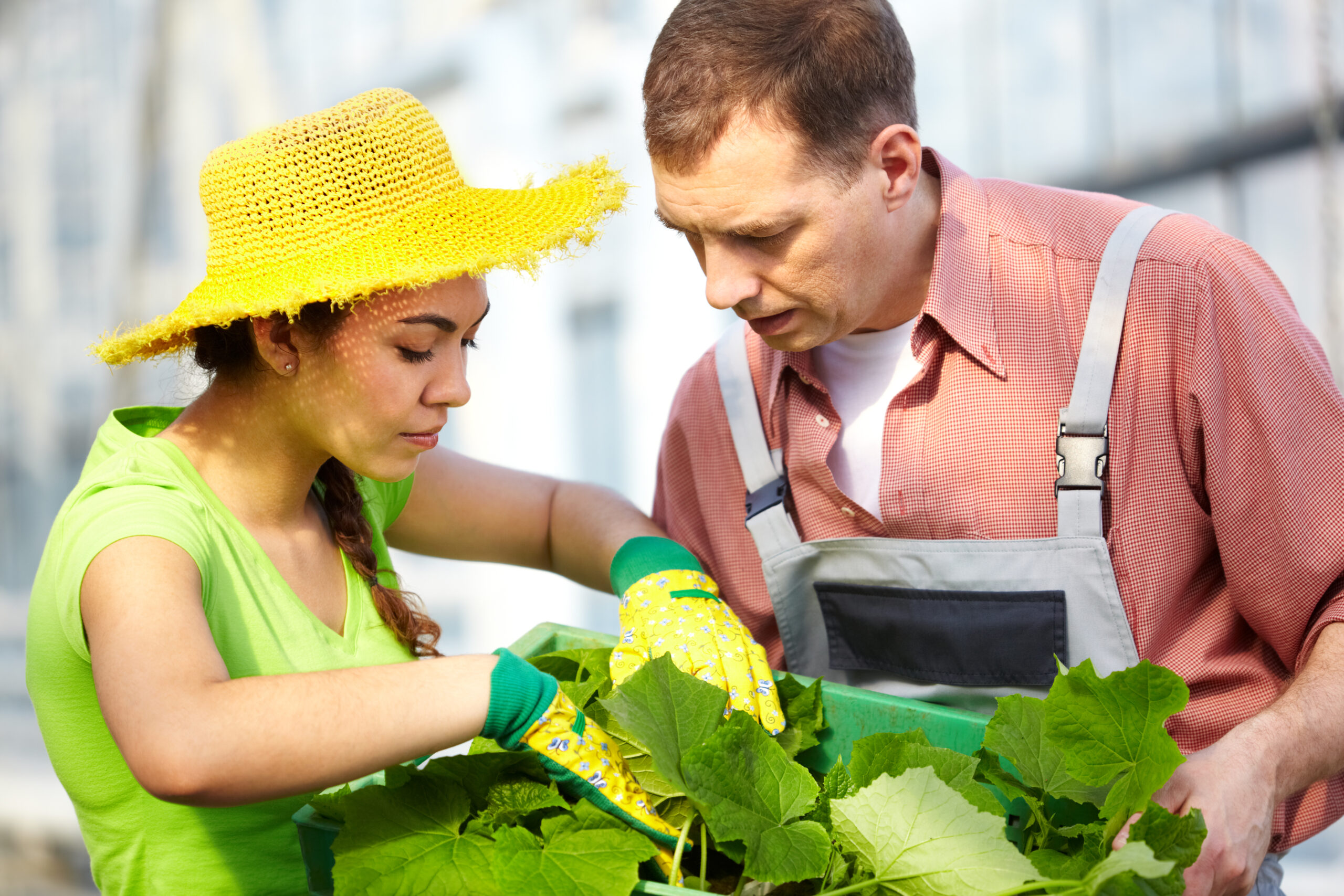
Unless you’ve been living under a rock for the past decade or so, you’re probably very familiar with the latest buzzword in agriculture: food sustainability.
But, what does food sustainability mean exactly?
In short, it’s a sustainable food system that embraces three things: the fair treatment of the planet and its occupants, the economic health of farmers, and the physical health of consumers.
But perhaps even more importantly, food sustainability is about preserving our limited natural resources so they’re available for future generations. It’s about safeguarding the planet’s resources for our children and our children’s children.
The thing is a sustainable food system can’t be achieved unless we all do our part. Let’s take a look at how you can make a difference, not just as a consumer, but also as a home gardener or forward-thinking farmer.
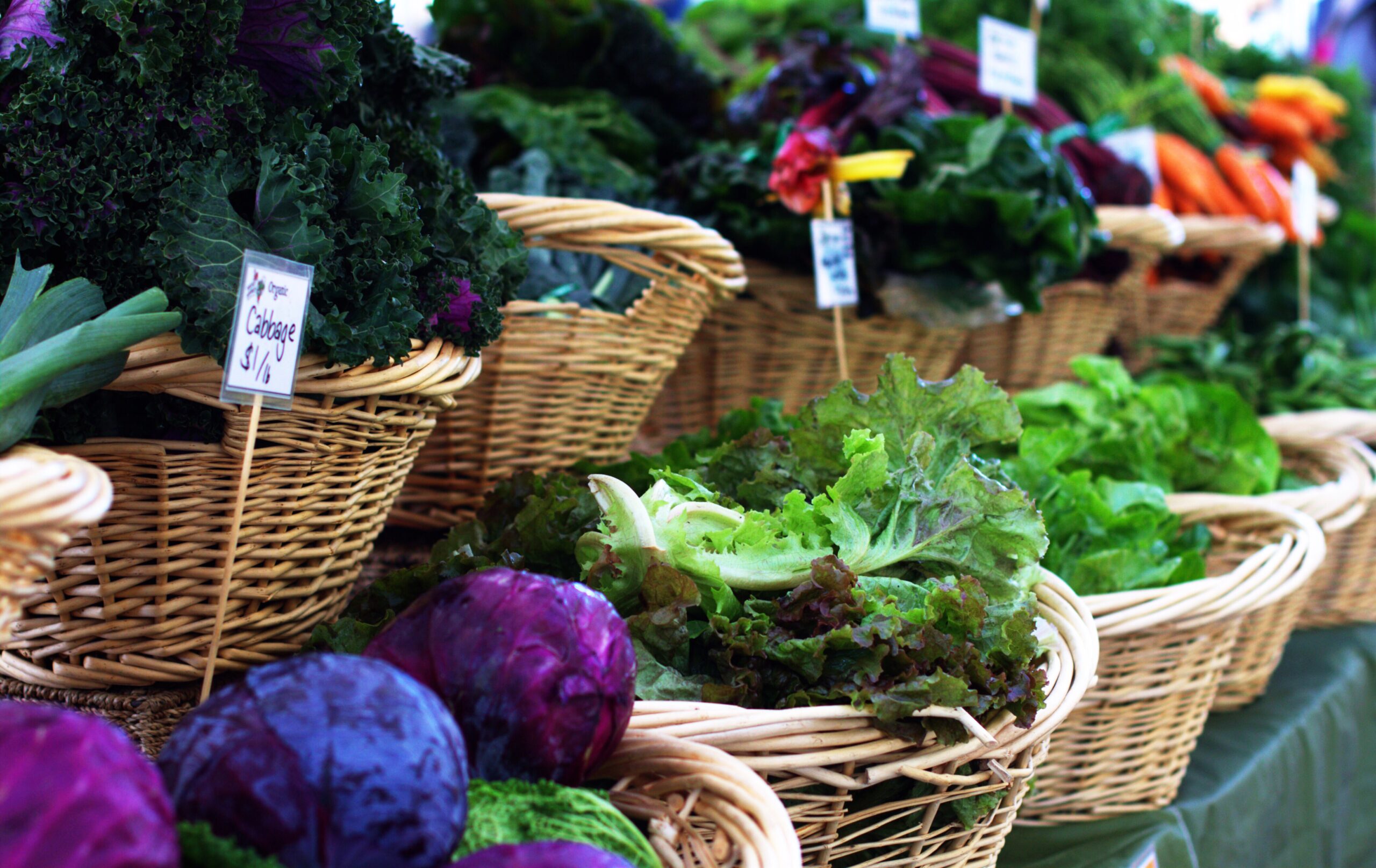 Support Local Farmers
Support Local Farmers
We hear it all the time, but how many of us really take it to heart? Shopping local is a great way to support your local farmers financially, but it isn’t just about dollar signs.
The cost of transporting food across the country, or even across the globe, has a major impact on the environment, too.
By shopping at local farmer’s markets or purchasing directly from local farmers, you’re helping to decrease carbon emissions and packaging waste. Of course, growing as much of your own food as you can is the ultimate in sustainability, but making a point of shopping local for whatever you aren’t growing yourself can make a huge difference.
Take Control of What You’re Eating
A big part of creating a sustainable food system includes promoting the health of consumers. That makes learning to cook from scratch and doing it often super important. By taking control of what goes in your food, you can eliminate unhealthy ingredients like refined sugars, saturated fats, and GMOs from your diet.
While you’re at it,
learn to eat seasonally. We’ve gotten used to having access to whatever fruits and vegetables we want all year round, and that’s why so much of our food is imported from all over the globe. It’s one of the main contributors to our currently unsustainable food system.
Learning to cook with seasonal, locally grown food will ensure that you’re getting the most nutritious food and more variety throughout the year. It’s not only good for your health, but also for the planet.
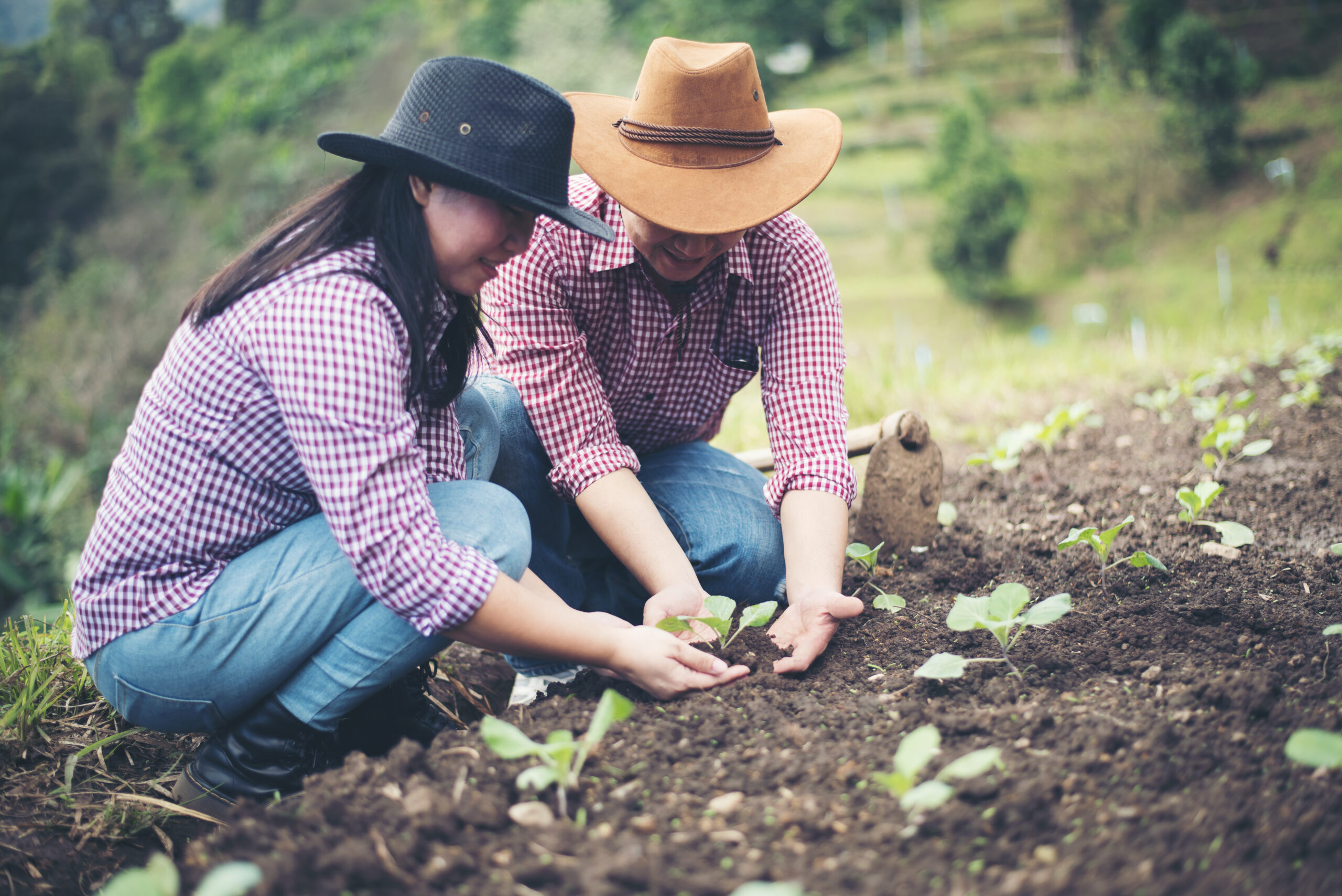 Learn About Crop Rotation
Learn About Crop Rotation
When it comes to sustainability on a small farm,
learning about crop rotation is a great place to start! When the same crop is planted over and over again in the same place, chemical fertilizers and pesticides are often required to maintain production.
The soil becomes depleted of key nutrients and pests learn exactly where to go to find their favorite food. By rotating your crops to a new place each year, you can help maintain soil health and keep pests guessing, thus reducing, or eliminating your dependency on chemicals.
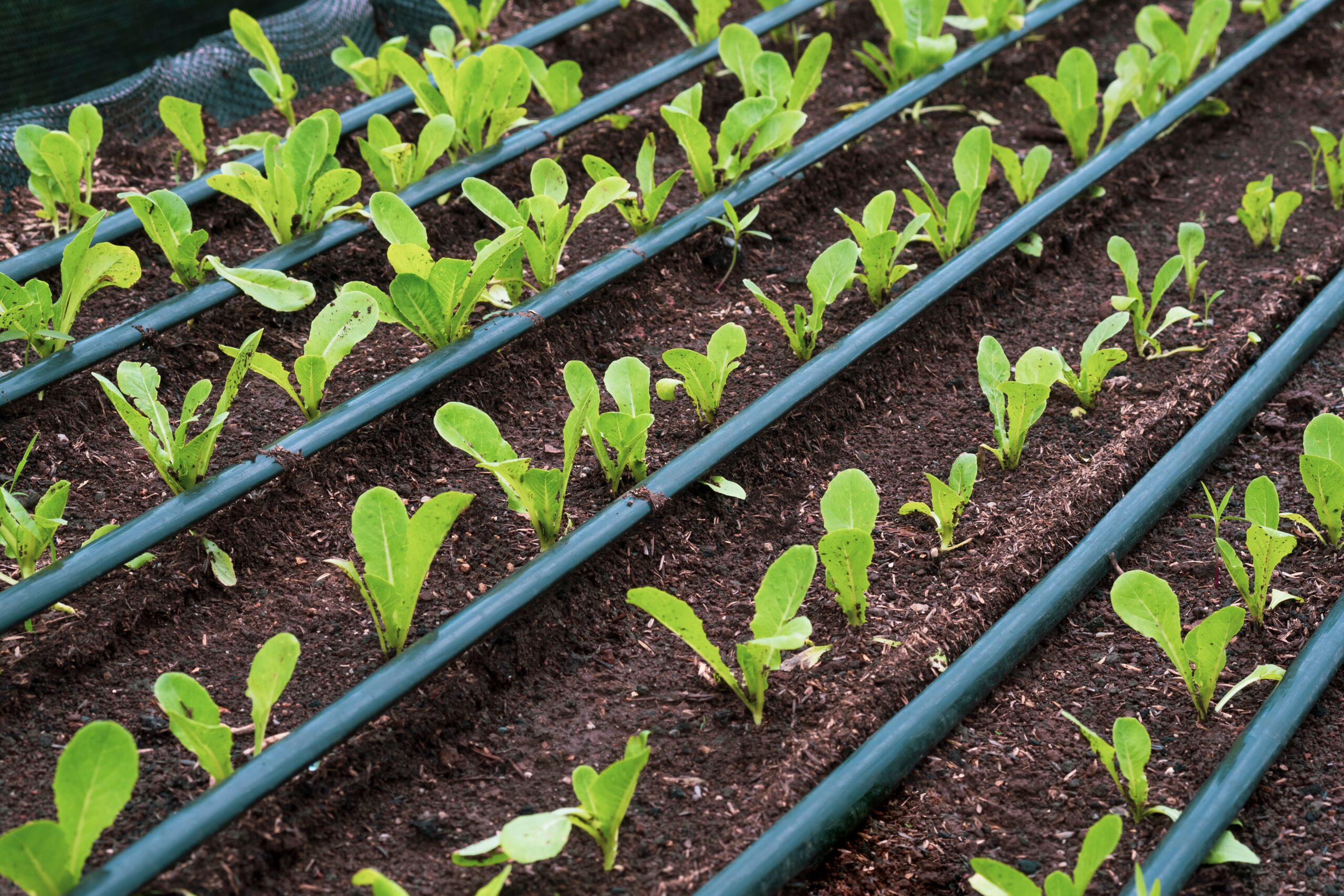 Embrace Agriculture Technology
Embrace Agriculture Technology
It’s easy to become set in your ways, especially if you have been gardening or farming for a long time. But many modern farmers are beginning to realize that AgTech isn’t just about fancy equipment, it’s also about reducing waste and creating a sustainable food system.
Modern farmers like Bowery are a fantastic example of how
agriculture and farming technologies can streamline the growing process and minimize resource waste in urban food deserts where fresh, locally grown food is hard to come by. They “believe this is essential for creating a more sustainable farming approach that can meet the challenges ahead of us, as well as impart a safer, more transparent food system.”
While you probably won’t be using drones to monitor your crops or automated tractors at harvest time, there are ways to employ AgTech on a smaller scale. Soil testing is a great example! Having your soil tested by a lab at the start of each growing season will tell you exactly which amendments need to be added… It's a great way to maintain soil health and ensure that you’re only adding what you really need.
Automated drip irrigation systems are another great way to reduce water usage and provide nutrients directly to the plants where they can do the most good. And, predatory insects like ladybugs can be used in place of pesticides.
The point is to open yourself up to the idea of utilizing AgTech on a smaller scale to make your own garden or small farm more sustainable.
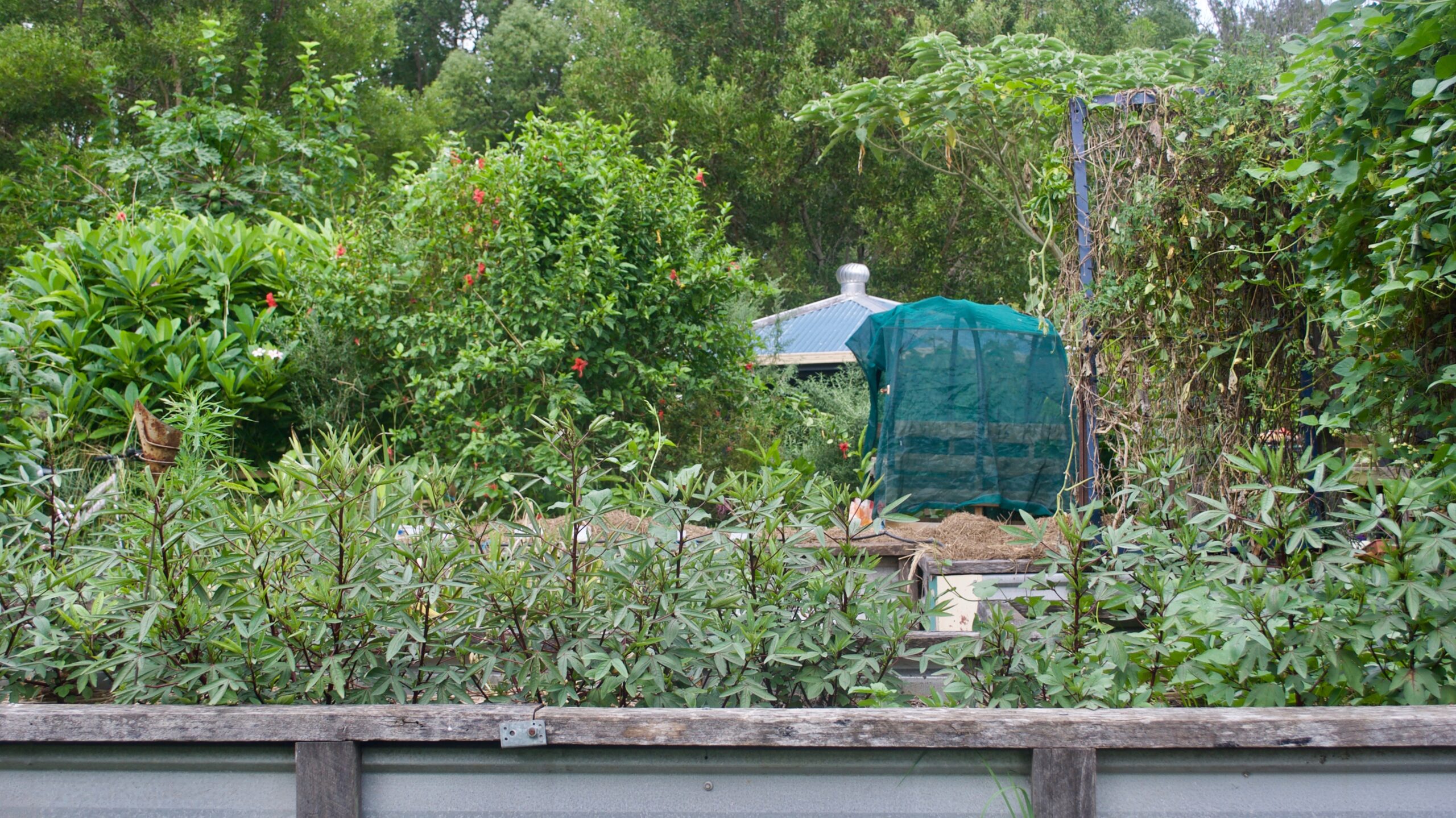 Follow the Permaculture Model
Follow the Permaculture Model
Sustainability is about being conscious of your impact on the planet and its resources. Permaculture is a key component of sustainability because it is based on the principles of caring for people, caring for the planet, and reducing waste.
In and of itself, permaculture is sustainability! It mimics the natural ecosystem to reduce waste and minimize input. The well-thought-out designs of permaculture are ideal for small-scale, intensive gardens and farms that are not only labor efficient but also less reliant on chemicals and fossil fuels.
Thankfully, more and more people are waking up to the importance of a sustainable food system and learning to grow food at home to minimize their impact on the planet. The permaculture model is an ideal solution for a sustainable system that incorporates the health of the Earth, its occupants, and local economies.
Final Thoughts: Sustainability Isn’t Always Convenient
Making the switch to a sustainable food system won’t come easy. When you make a personal commitment to purchase locally and grow sustainably at home, it may require a greater investment of both time and money.
But remember that you’re investing in the health of the planet for future generations. By making these changes in the way you purchase, consume, and grow food, you can have a positive impact on our food system that lasts for decades.
What changes are you making in your daily life to work toward a sustainable future? When has sustainability been inconvenient but worth the effort in your life? I would love to hear your direct experiences and whether or not these tips could make a difference in your practices! 







